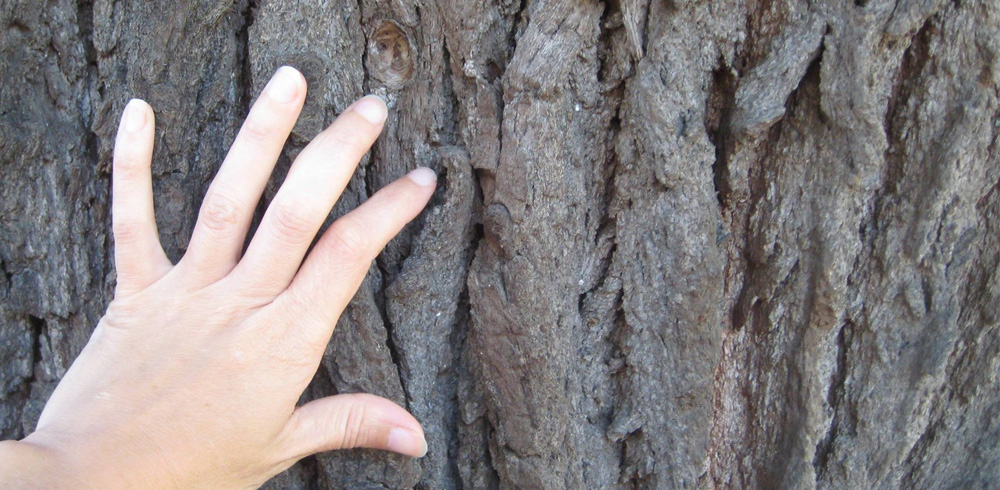Each month we are going to support you in exploring a deeper relationship with nature through connection exercises, upcoming programs, and resources that may offer inspiration and guidance. There is a ton of research that proves our health is improved by a greater connection to nature through actions like mindfulness outdoors, exercising outside, involvement in conservation activities, and gardening. And when we feel connected to nature, we are more likely to take positive action towards protecting it.
This month we started our first monthly Chapel Island Rx session within the James River Park System (JRPS). In finding a place to cultivate a connection to the world outside, it’s important for people to choose somewhere safe that’s easy for them to access. Chapel Island is less than a mile away from the James River Association’s Richmond office and close to thousands of people that work and live downtown who are in need of some time to reconnect during their busy schedules. The theme for each month will change, but the walks will follow the same general outline to include a brief meditation, silent walk, connection exercises (i.e. journaling, grounding, nature art), and sharing with partners or the group. These are currently planned for every second Wednesday from Noon to 1pm. If you’re interested in joining a walk check out the calendar and keep an eye on additional locations next year.

November Connection Exercise:
Fall is the season for letting go! Go outside and let yourself be drawn to something in nature. This could be a view, a tree, a leaf, flower, bug, anything really. Spend 5-20 minutes with your new friend and ask, “What can you teach me about letting go?” You may even want to write a letter to yourself from the chosen item with their answer. After your time is up, thank it for what it taught you and as you walk back, imagine what beauty is waiting for you once you let go to make space for the new seeds that have been planted this fall.
“How beautifully leaves grow old. How full of light and color are their last days.” Donald Miller

